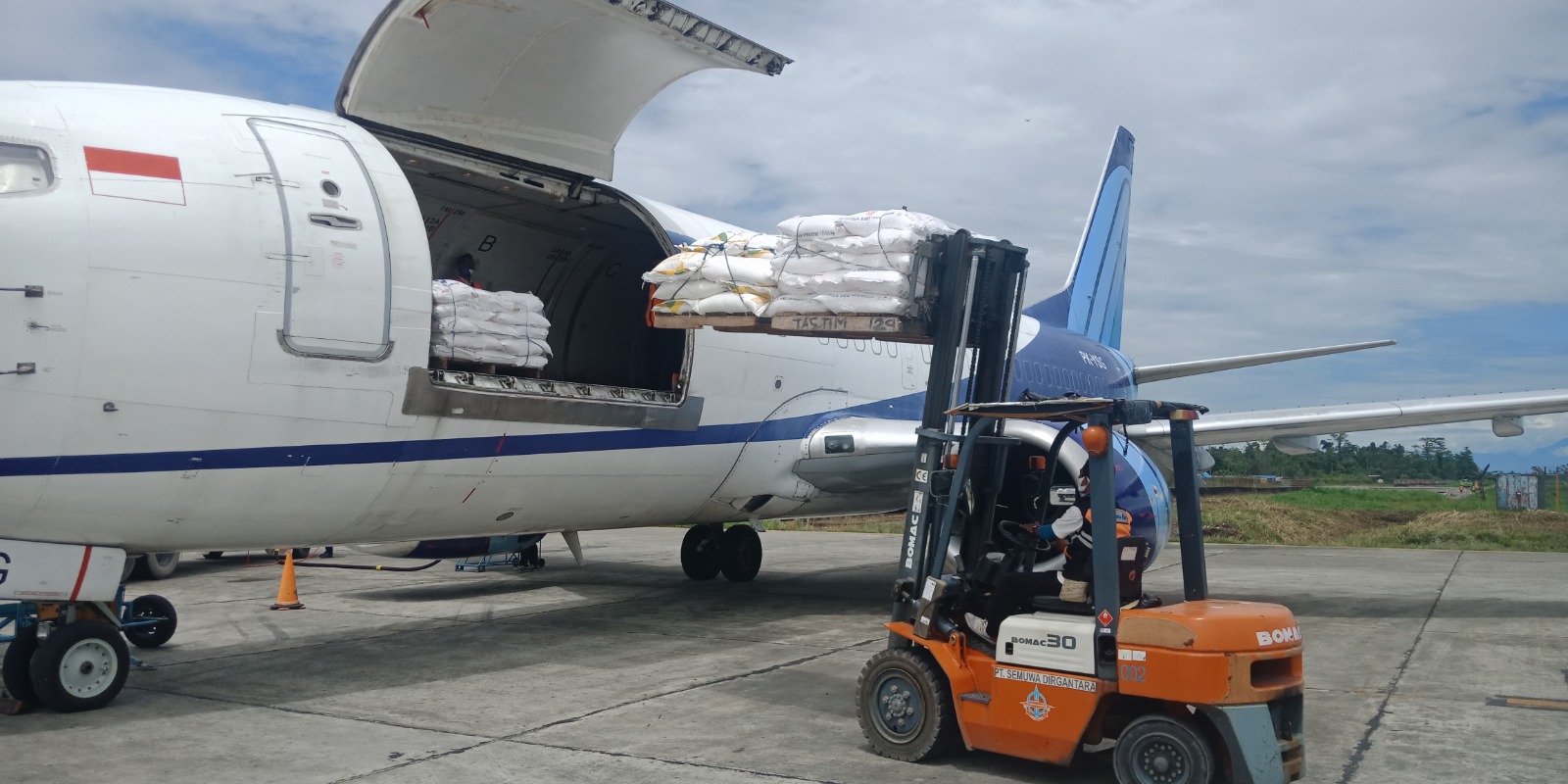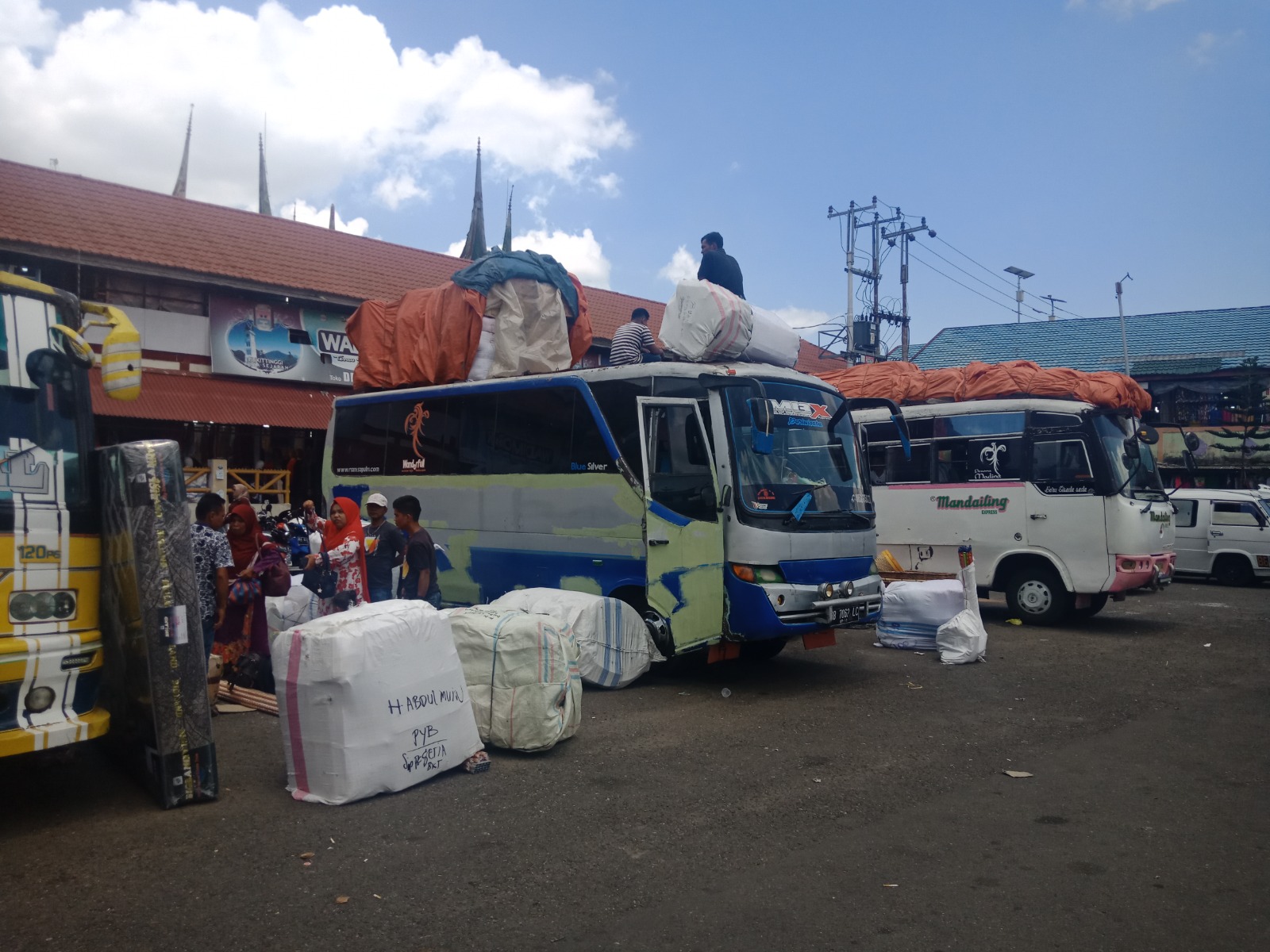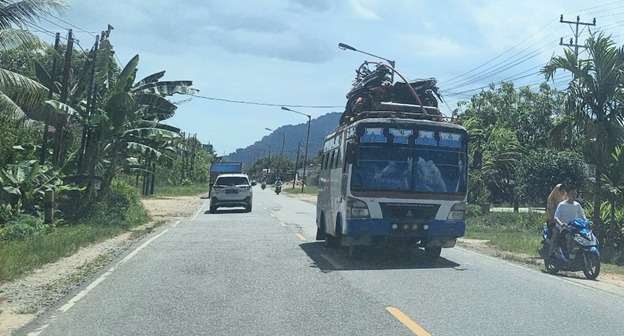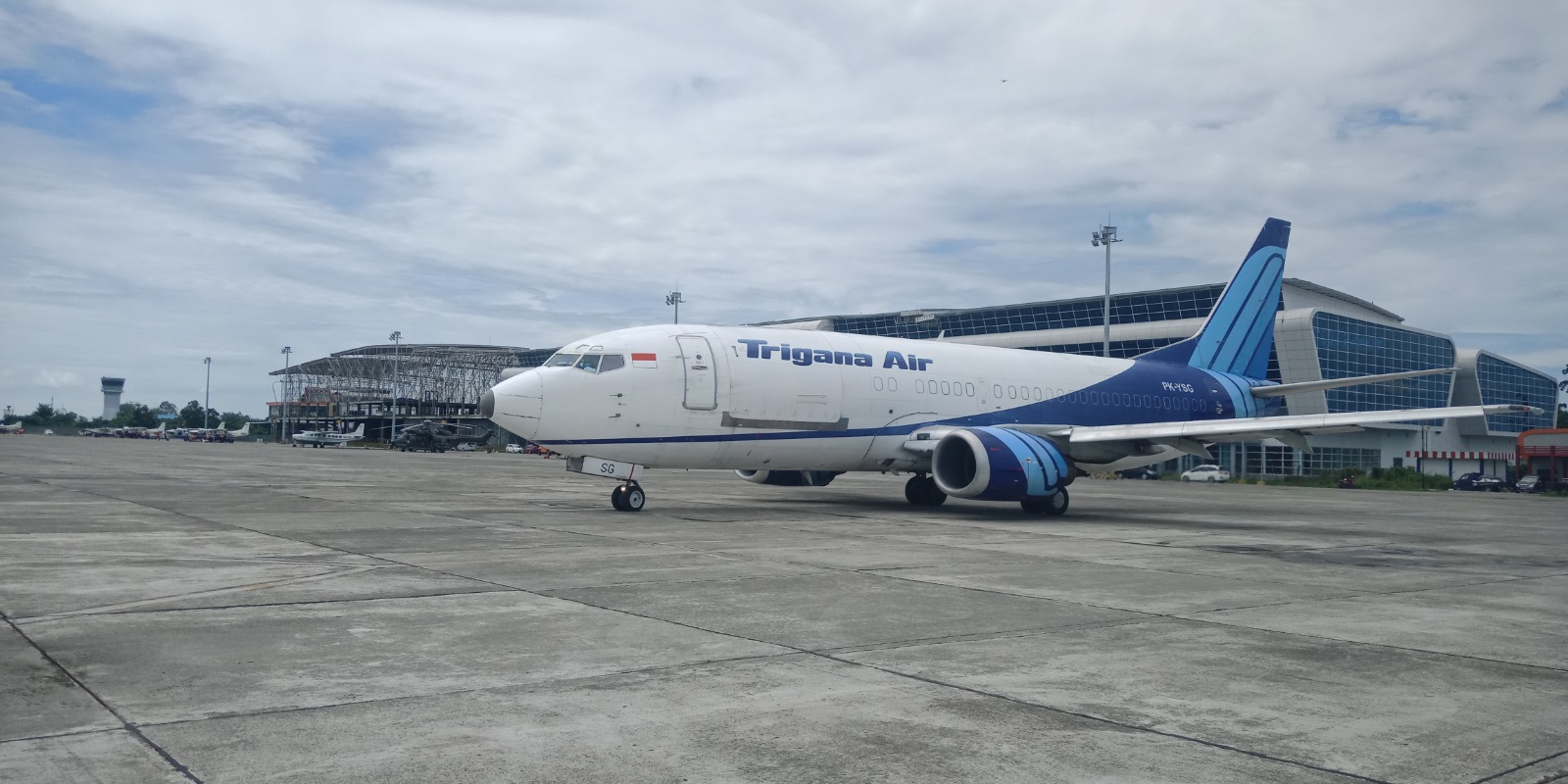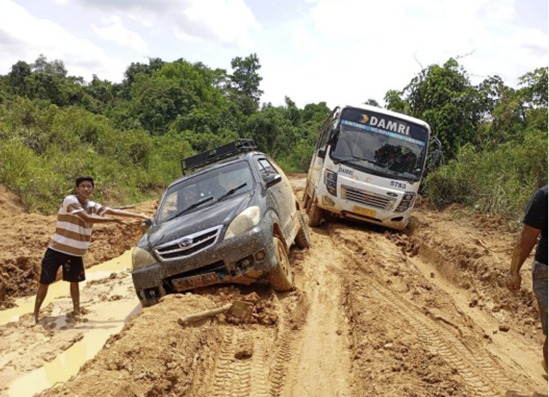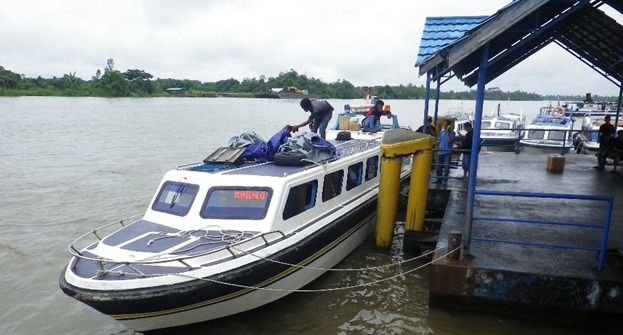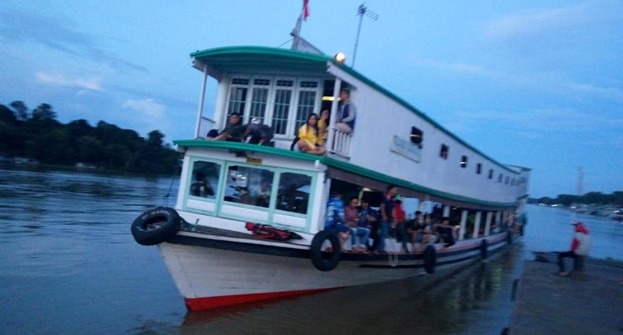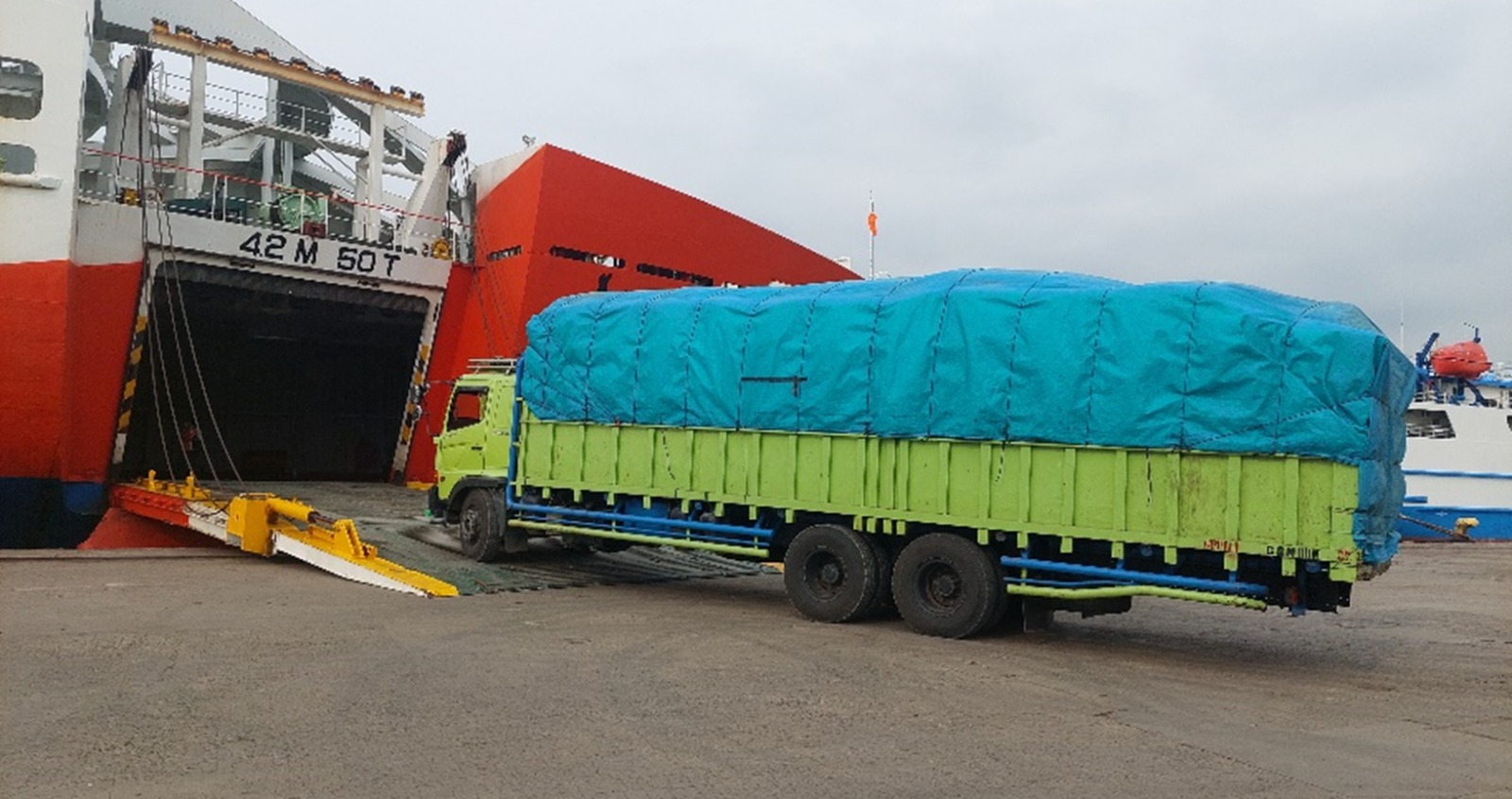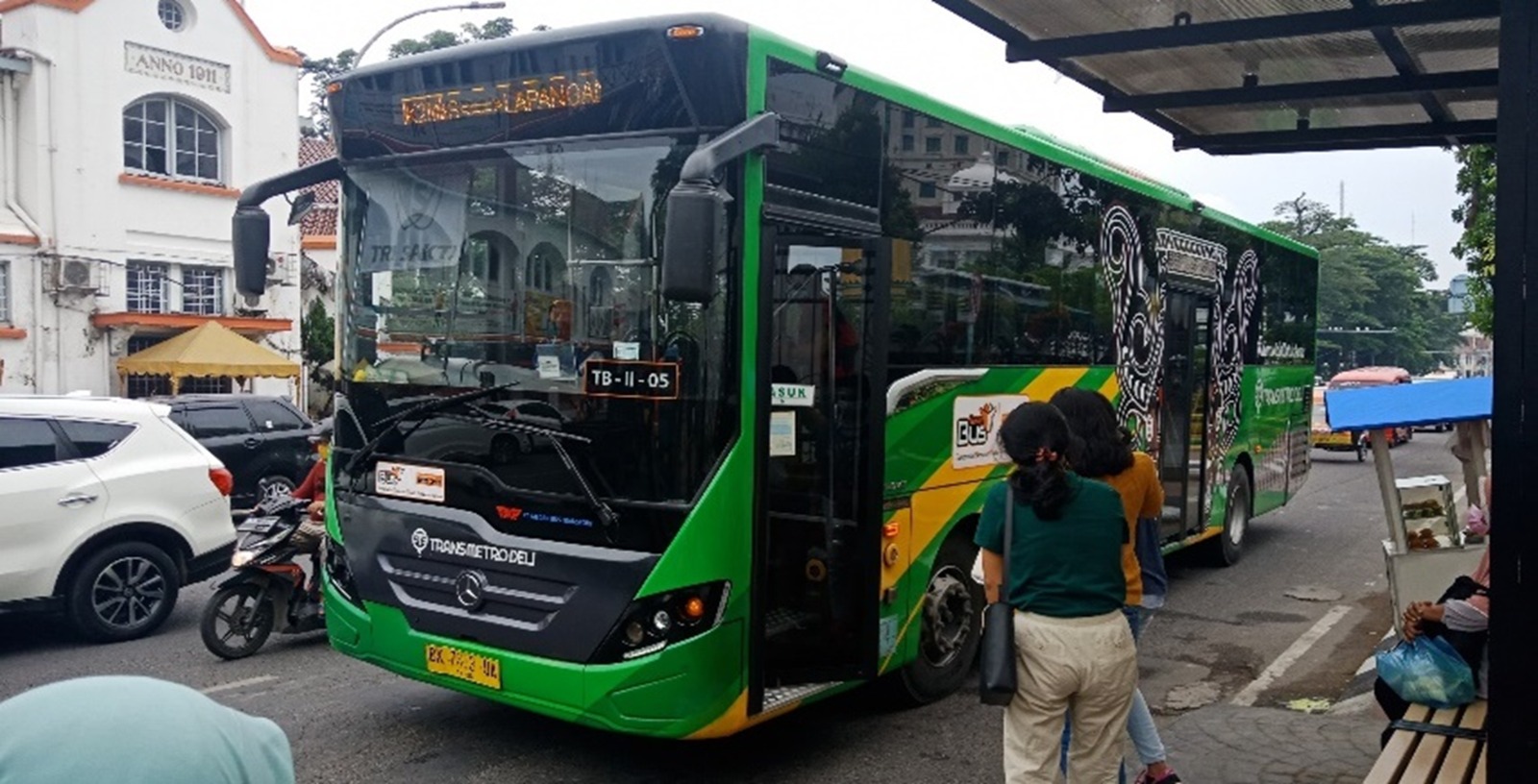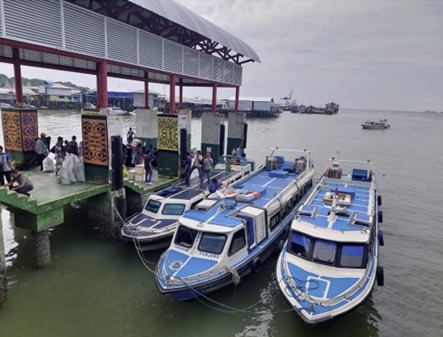Transportation Infrastructure Must Continue With Improvements
Towards Indonesia Gold 2045, transportation should become a basic need like food, clothing, housing, education, and healthcare. As a derived need, transportation plays a crucial role in determining the development of a region and ultimately the welfare of its people.
According to data from the Ministry of Public Works and Housing 2024, from 2015-2024, infrastructure development included 2,432 kilometers of toll roads or an average of 270 kilometers per year, 5,999 kilometers of national roads, and 27,673 meters of flyovers and underpasses. The Trans-Sumatra Toll Road is not yet fully connected, with 1,610 kilometers still needed to link Aceh to Lampung.
The completion of the Trans-Java Toll Road in 2018 has proven to ease traffic and increase the flow of people and goods, boosting services and reducing travel time by up to 50%. The toll road now competes with rail and air transport. Travel times have significantly decreased: Jakarta–Semarang, once 10–12 hours, can now be done in 6 hours; Semarang–Surakarta, formerly 2–3 hours, is now just 1 hour; Semarang–Surabaya, once 6–8 hours, is now 4 hours; Semarang–Malang is 5 hours; and Semarang–Bandung is also 5 hours.
